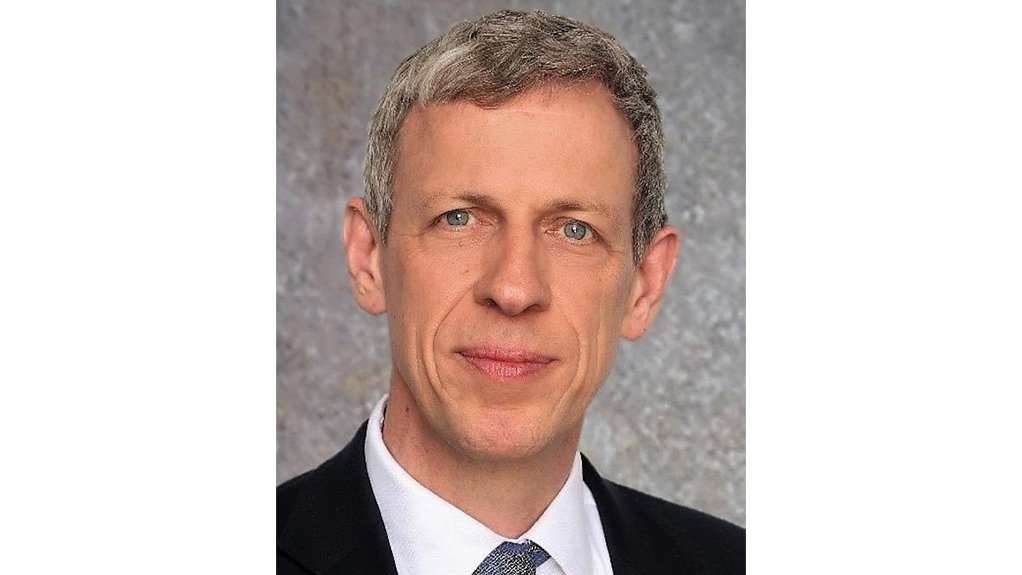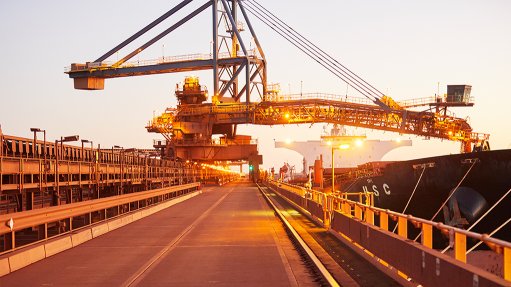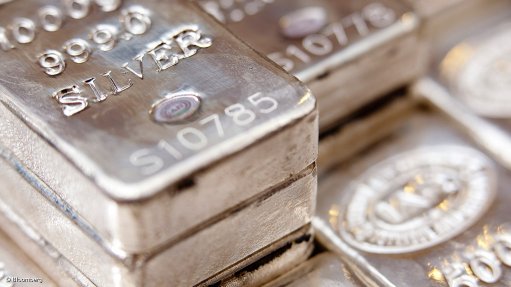Consultancy offers holistic solutions for decarbonisation


DAVID PEARCE The mining industry has embraced the challenge to reduce emissions and is investing significant amounts of money and effort in new solutions
Decarbonisation on mines featured high on the agenda at a recent global partner meeting in Johannesburg, Gauteng, says international mining consultancy firm SRK Consulting, which hosted a special workshop dedicated to this topic last year.
Mining is currently responsible for 4% to 7% of greenhouse-gas emissions globally. Scope 1 and Scope 2 carbon dioxide (CO2) emissions from the sector, those incurred through mining operations and power consumption respectively, amount to 1%, and fugitive-methane emissions from coal mining are estimated at 3% to 6%, notes SRK Consulting principal mining engineer David Pearce.
The significant level of these emissions reflects the potential for mining to create a positive legacy, and many of the world’s major miners have already set demanding targets for themselves.
However, this rapid transformation is not without its challenges, and mining companies are reaching out proactively to find relevant and sustainable paths to decarbonisation, he says.
The industry has committed to invest billions of dollars to implement solutions. Identifying suitable solutions and designing the operation around these requirements will require both innovative thinking and extensive experience in mining operations.
“SRK’s September workshop on decarbonisation strategies was therefore another step in its continuous process of integrating its response capabilities. Leveraging its global network of experienced engineers and scientists, SRK brings clients a holistic approach involving various facets of mining.”
Pearce says that there have been pioneering efforts by mines to switch their energy supply from fossil-fuelled sources to renewable energy. This will have a particular impact where a mine’s energy is currently being generated by burning coal, diesel or gas.
He says several remote mines have commissioned a combination of solar and wind power systems with battery capacity to extend use. Citing mines in Australia that generate up to 60% of their power from renewable sources, he says these operations are looking to increase this to about 80% through adding additional renewable capacity.
Moreover, electrifying mines’ truck haulage system is another potential strategy to decarbonise, as haulage can represent between 30% and 50% of emissions.
Each large truck in an openpit application typically consumes 800 000 to one-million litres a year of diesel, translating to between 2 200 t and 3 000 t of CO2. “Available technologies include the trolley assist system, which was largely pioneered in South Africa, and in-pit crushing and conveying systems.”
Pearce says these can reduce diesel consumption by 60% to 80%. However, implementing such solutions requires changing mine designs and plans.
“This is where SRK can provide the necessary insights, advice and designs – to ensure that any technological changes will be suitable and effective.”
Underground mines are adopting battery power in their trackless machinery as the haul distances underground tend to be shorter and flatter. An added benefit of battery power over diesel is the reduced energy needed for ventilation.
Consequently, to obtain the full benefit of any investment in battery vehicles requires looking at the whole operation, says Pearce.
Further, underground coal mines have always been conscious of methane levels, owing to the safety risk, though the traditional solution of diluting any emissions using ventilation now means the methane is too diluted to burn.
SRK’s ventilation specialists in California, in the US, are working on projects to develop solutions to cost effectively destroy this methane. Other specialists are working with clients to measure emissions so that solutions can be targeted.
Ongoing reductions in emissions will require mine teams to work together in a more integrated way, so that the solutions extend across different mine functions.
Pearce cites an example: Ore can be blasted finer to reduce the energy needed for crushing and grinding or concentrate grade can be increased to reduce Scope 2 emissions from smelters. Alternative technologies such as preconcentration and high-pressure grinding rolls are available but may only be feasible at the outset of a new project or expansion.
Optimal haul road design and maintenance can also contribute to efficiency by minimising rolling resistance and travel distances – all of which reduce diesel consumption.
Mine waste can also sequester carbon. As such, tailings from nickel, platinum and diamond mines can extract CO2 from the air to create inert carbonates which are then buried. He says understanding the weathering mechanism and how changes may be required to the tailings deposition process without impacting either tailings stability or water use requires a multidisciplinary team of specialists, which SRK has.
He says the mining industry has embraced the challenge to reduce emissions and is investing significant amounts of money and effort in new solutions. The “low-hanging fruit” of switching from coal and diesel to renewables are being plucked.
However, this will not achieve the targets mining companies have set themselves and further efforts are planned.
SRK is ready to play its part in helping clients evaluate the opportunities to evolve their operations and reduce emissions, concludes Pearce.
Comments
Press Office
Announcements
What's On
Subscribe to improve your user experience...
Option 1 (equivalent of R125 a month):
Receive a weekly copy of Creamer Media's Engineering News & Mining Weekly magazine
(print copy for those in South Africa and e-magazine for those outside of South Africa)
Receive daily email newsletters
Access to full search results
Access archive of magazine back copies
Access to Projects in Progress
Access to ONE Research Report of your choice in PDF format
Option 2 (equivalent of R375 a month):
All benefits from Option 1
PLUS
Access to Creamer Media's Research Channel Africa for ALL Research Reports, in PDF format, on various industrial and mining sectors
including Electricity; Water; Energy Transition; Hydrogen; Roads, Rail and Ports; Coal; Gold; Platinum; Battery Metals; etc.
Already a subscriber?
Forgotten your password?
Receive weekly copy of Creamer Media's Engineering News & Mining Weekly magazine (print copy for those in South Africa and e-magazine for those outside of South Africa)
➕
Recieve daily email newsletters
➕
Access to full search results
➕
Access archive of magazine back copies
➕
Access to Projects in Progress
➕
Access to ONE Research Report of your choice in PDF format
RESEARCH CHANNEL AFRICA
R4500 (equivalent of R375 a month)
SUBSCRIBEAll benefits from Option 1
➕
Access to Creamer Media's Research Channel Africa for ALL Research Reports on various industrial and mining sectors, in PDF format, including on:
Electricity
➕
Water
➕
Energy Transition
➕
Hydrogen
➕
Roads, Rail and Ports
➕
Coal
➕
Gold
➕
Platinum
➕
Battery Metals
➕
etc.
Receive all benefits from Option 1 or Option 2 delivered to numerous people at your company
➕
Multiple User names and Passwords for simultaneous log-ins
➕
Intranet integration access to all in your organisation



















